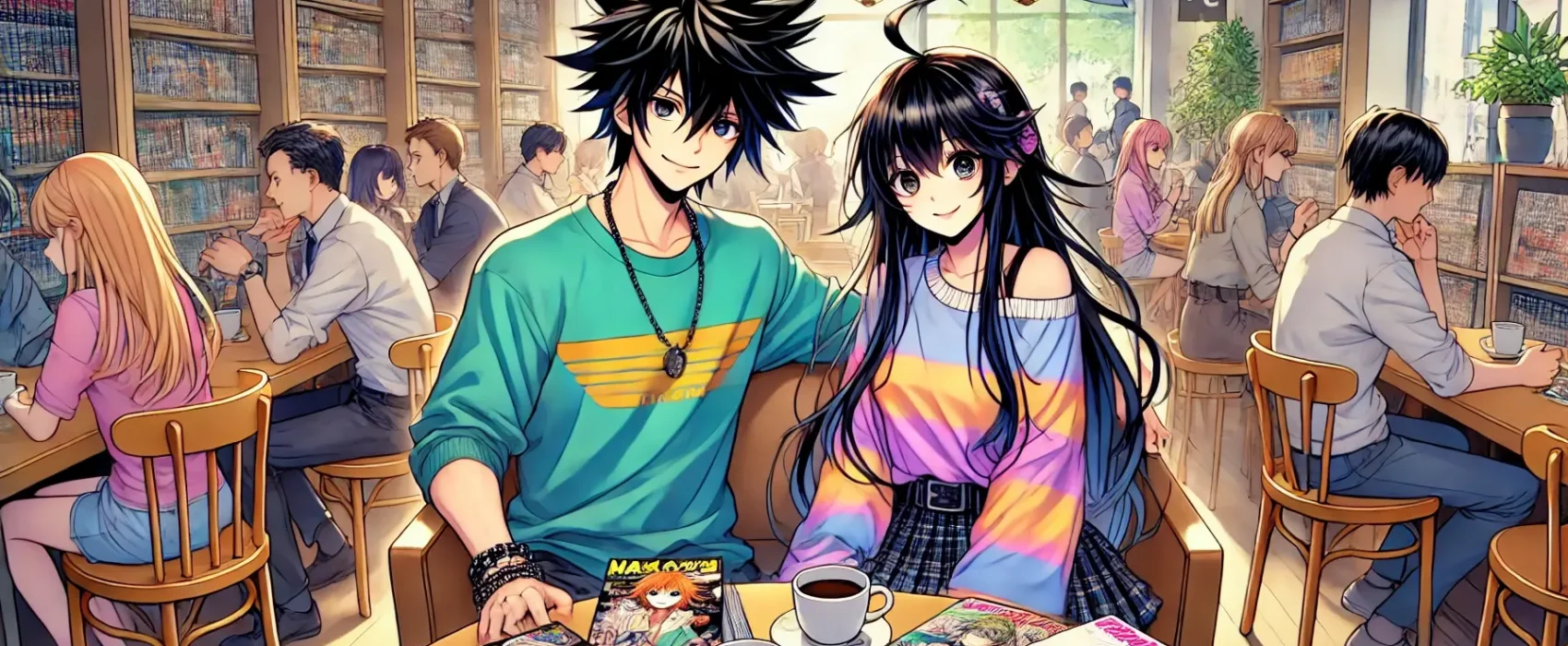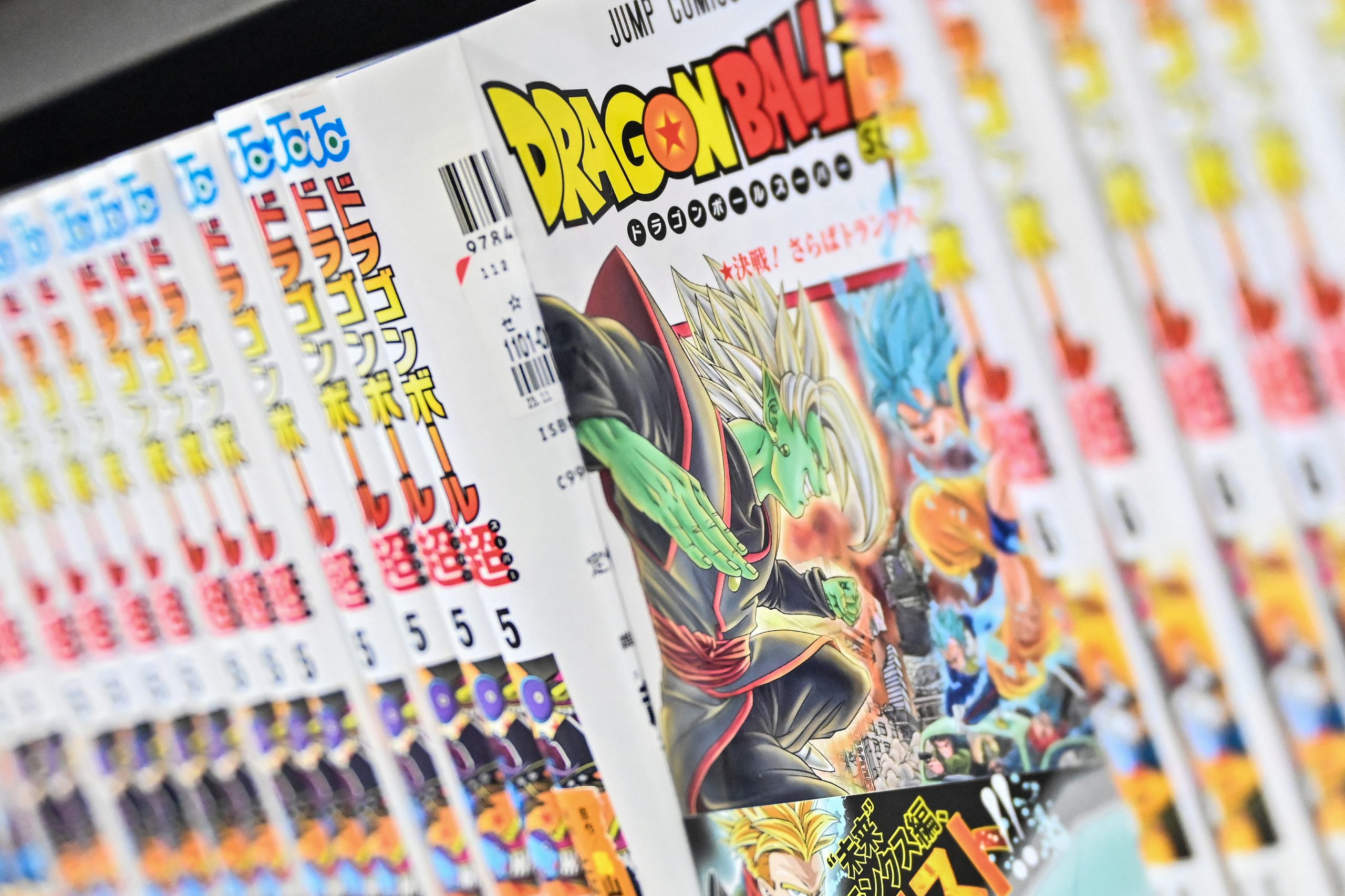The Use of AI in Translating Manga Comics
In the ever-evolving world of technology, artificial intelligence (AI) continues to break new ground, offering innovative solutions across various industries. One such industry experiencing significant transformation is the translation of manga comics. Japanese startups are leveraging AI to expedite and reduce the cost of translating manga into multiple languages, including translation Japanese to English. This groundbreaking approach not only addresses the existing bottlenecks in the manga translation process but also opens up exciting possibilities for enhancing the translation of local comics and literature in Malaysia and Thailand.
The AI Revolution in Manga Translation
A Japanese startup, Orange Inc., has made headlines (Malay Mail) with its ambitious plan to use AI for translating manga. The company’s technology aims to translate manga five times faster and at 90% less cost than traditional methods. This initiative addresses a critical issue in the manga industry: despite the immense popularity of manga globally, only a small fraction of Japan’s annual output is available in English due to the labor-intensive and complex nature of translation
Orange Inc. plans to translate 500 manga volumes into English each month, significantly increasing the current industry capacity. The technology utilizes AI to manage the nuances of manga language, which often includes conversational phrases, slang, and context-dependent expressions. This innovation not only speeds up the translation process but also ensures high accuracy and cultural relevance.
Potential Applications in Malaysia and Thailand
The success of AI in translating Japanese manga can be a blueprint for enhancing the translation of local comics and literature in countries such as Malaysia, Indonesia and Thailand. Here are some potential applications and benefits:
Preserving and Promoting Local Languages:
- AI can be utilized to translate local comics and literature into multiple languages, making them accessible to a broader audience. For instance, Malay and Thai comics could be translated into English, Mandarin, and other regional languages, promoting cultural exchange and understanding.
Reducing Translation Costs and Time:
- Traditional translation methods are often costly for Manga budgets and time-consuming. By adopting AI, publishers in Malaysia and Thailand can reduce these costs and accelerate the production of translated works, allowing for quicker dissemination of local content.
Enhancing Quality and Consistency:
- AI-powered translation tools can ensure consistent use of terminology and style across different works. This is particularly important for maintaining the integrity and tone of the original content in translated versions.
Supporting the Creative Industry:
- By lowering the barriers to translation, AI can encourage more local authors and artists to go from storyboards to swiftly publishing their works internationally. This can lead to increased visibility and recognition for Malaysian and Thai creatives on the global stage.
The Continued Importance of Human Translation in the Age of AI
The use of AI in translating manga represents a significant technological advancement, but it doesn’t necessarily mean that human translators are no longer needed. In fact, there are several reasons why human translation services remain valuable and relevant for checks and balances:
Cultural Nuances and Context:
- AI can struggle with understanding cultural nuances and context-specific language, which are essential for accurately translating manga. Human translators, with their deep cultural knowledge, can ensure these nuances are preserved and appropriately conveyed.
- A human editor can assist AI translation by review and provide machine translation editing to help address the challenges with manga AI translation.
Challenges with manga translation:
- Manga uses very short, conversational, and often slang-filled Japanese, which can be challenging, especially when it references earlier chapters with terse remarks that may only be understood by reading preceding dialogues.
- Determining whether a quote was spoken aloud or represents a character’s internal thoughts adds complexity.
- The vertical format of the original text and finding equivalents for Japan’s numerous onomatopoeic words present additional difficulties.
Quality Assurance:
- AI translations often require human oversight to ensure accuracy and consistency. Human translators can review and refine AI-generated translations, providing a level of quality assurance that machines alone cannot achieve.
Creative Adaptation:
- Translating manga involves more than just converting text from one language to another. It requires creative adaptation to ensure that the story, humor, and emotional impact resonate with the target audience. Human translators excel at this creative process, bringing characters and stories to life in a new language.
Handling Complex Languages:
- Certain languages and dialects, especially those with complex grammatical structures and idiomatic expressions, are challenging for AI to handle accurately. Human translators are adept at navigating these complexities to deliver precise translations.
Ethical and Professional Standards:
- Professional human translators adhere to ethical standards and practices that ensure the integrity and confidentiality of the content they work on. This professional approach is vital for maintaining trust and reliability in the translation industry.
How AI and Human Translators Can Work Together
Rather than seeing AI as a replacement, it can be viewed as a tool that enhances the capabilities of human translators. Here’s how AI and human translators can collaborate effectively:
- Efficiency: AI can handle repetitive and time-consuming tasks, allowing human translators to focus on the more nuanced and creative aspects of translation.
- Scalability: AI can help manage large volumes of translation work, making it possible to scale up operations without compromising quality.
- Innovation: By integrating AI tools, human translators can leverage advanced technologies to improve their workflow and deliver translations more efficiently.
The innovative use of AI in translating manga by Japanese startups like Orange Inc. highlights a promising future for the translation of local comics and literature in Malaysia and Thailand. By leveraging AI, these countries can enhance the accessibility, quality, and global reach of their cultural products. However, it is crucial to address the associated challenges and ensure that the integration of AI complements and supports the human touch that is vital to the art of translation.
At VEQTA Translations, we recognize the value of human expertise and the potential of AI, and we strive to combine the best of both worlds to deliver high-quality translations that capture the essence of the original work. By sharing these insights, we aim to reassure our clients and audience that human translators are still essential and that our services remain relevant and valuable in the evolving landscape of translation technology.
As Malaysia and Thailand explore these new frontiers, the potential for cultural exchange and global recognition of their unique literary landscapes grows, heralding a new era of interconnectedness and mutual appreciation through the power of AI-driven and human-enhanced translation.



